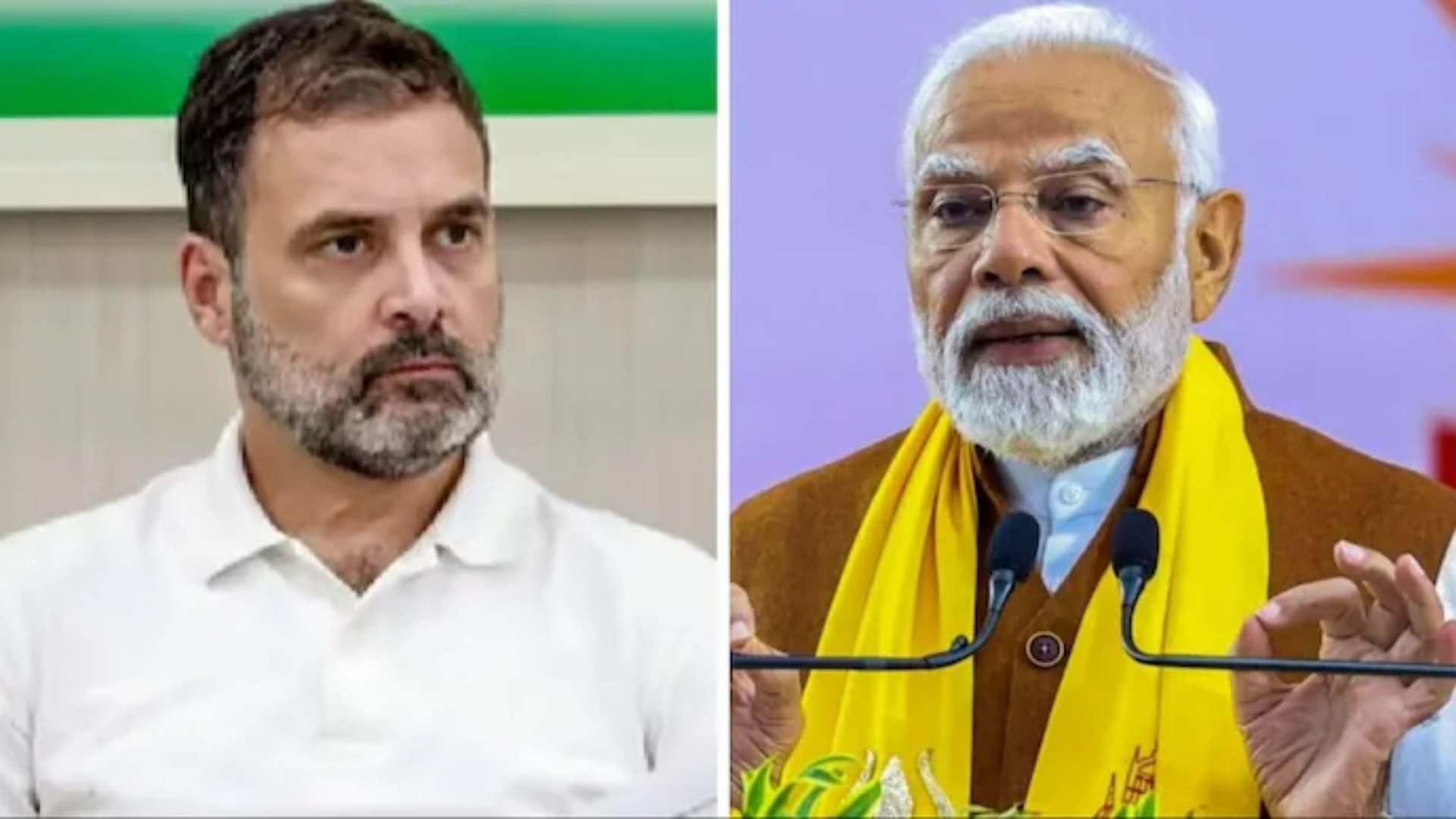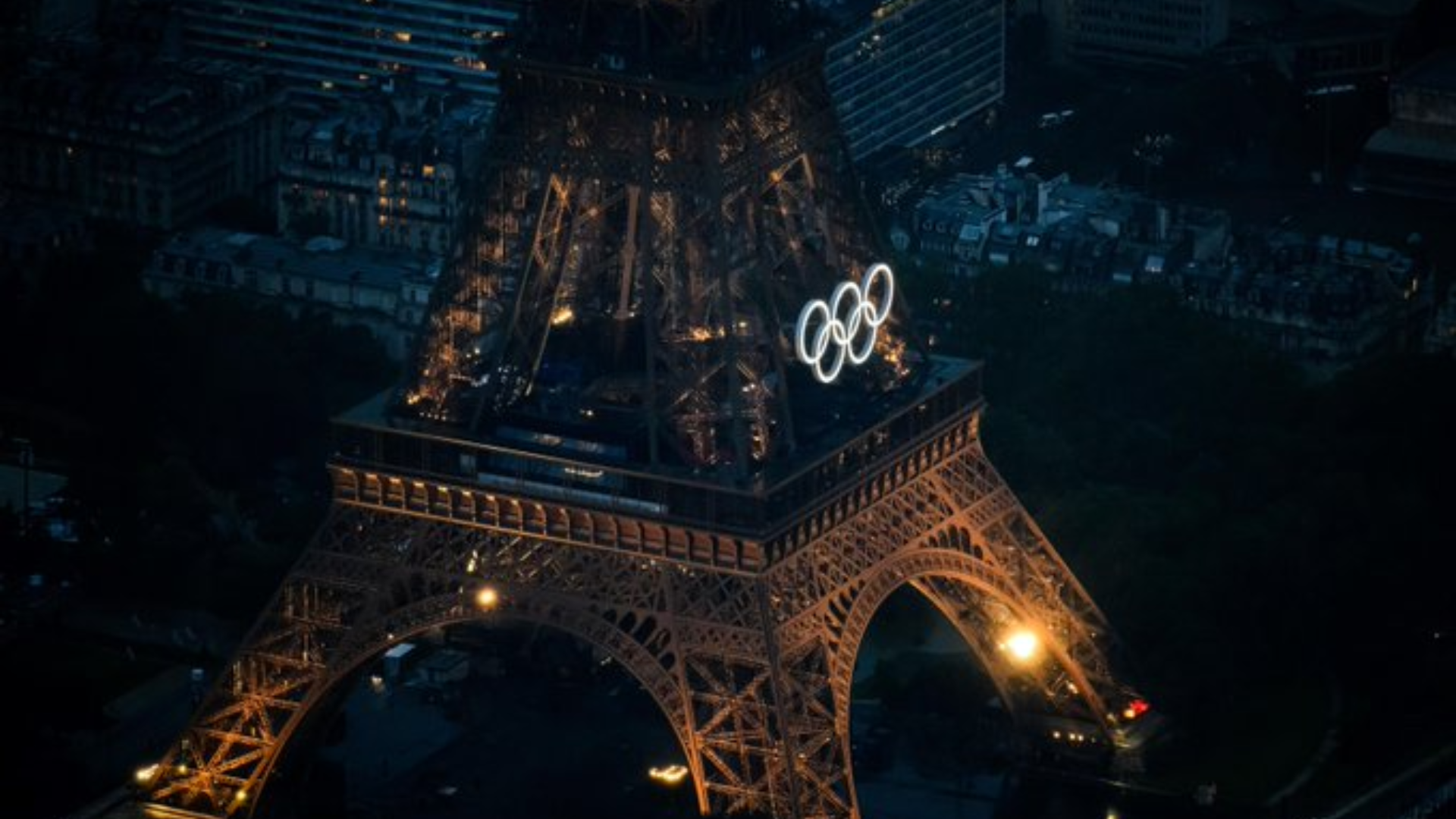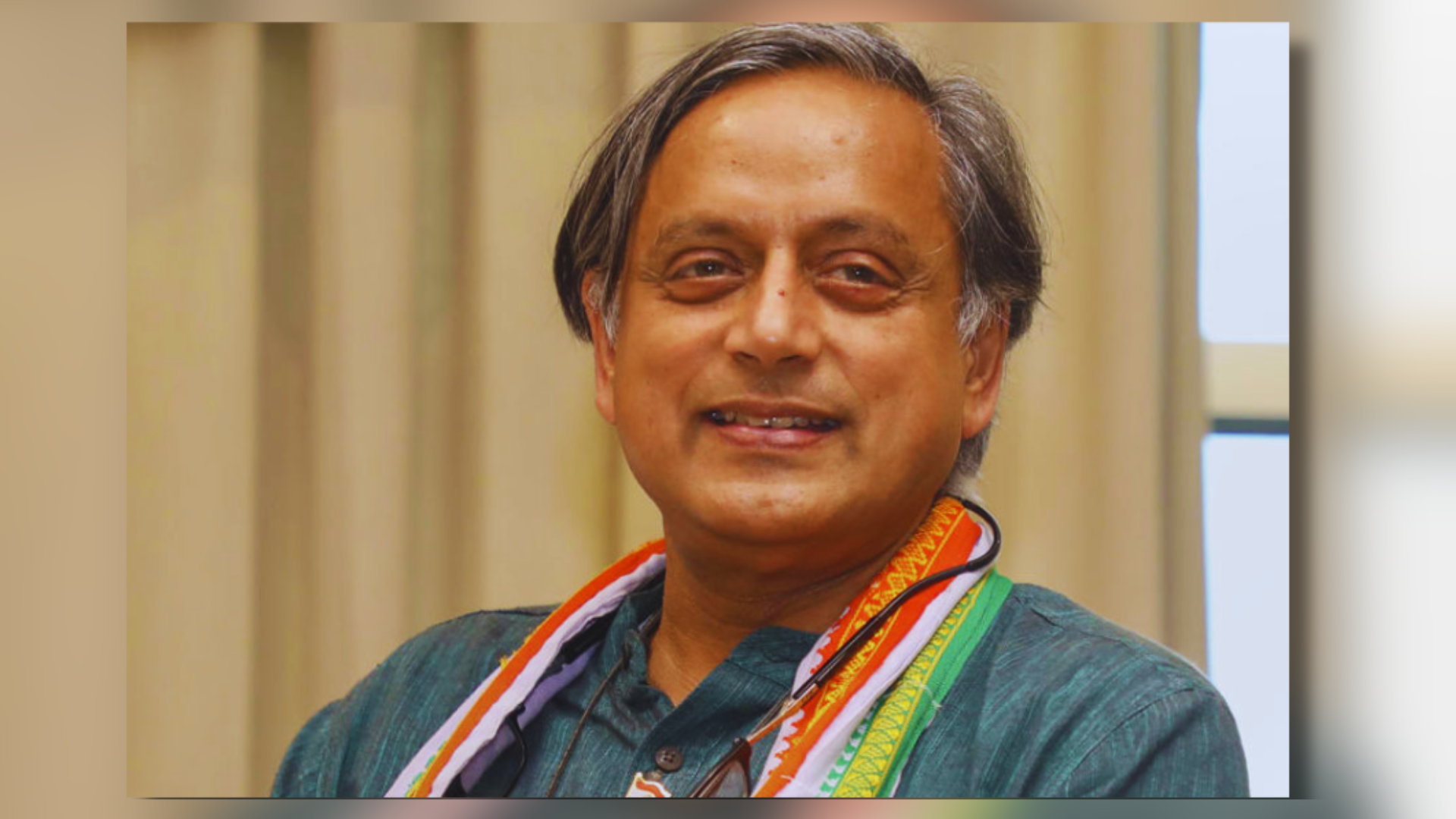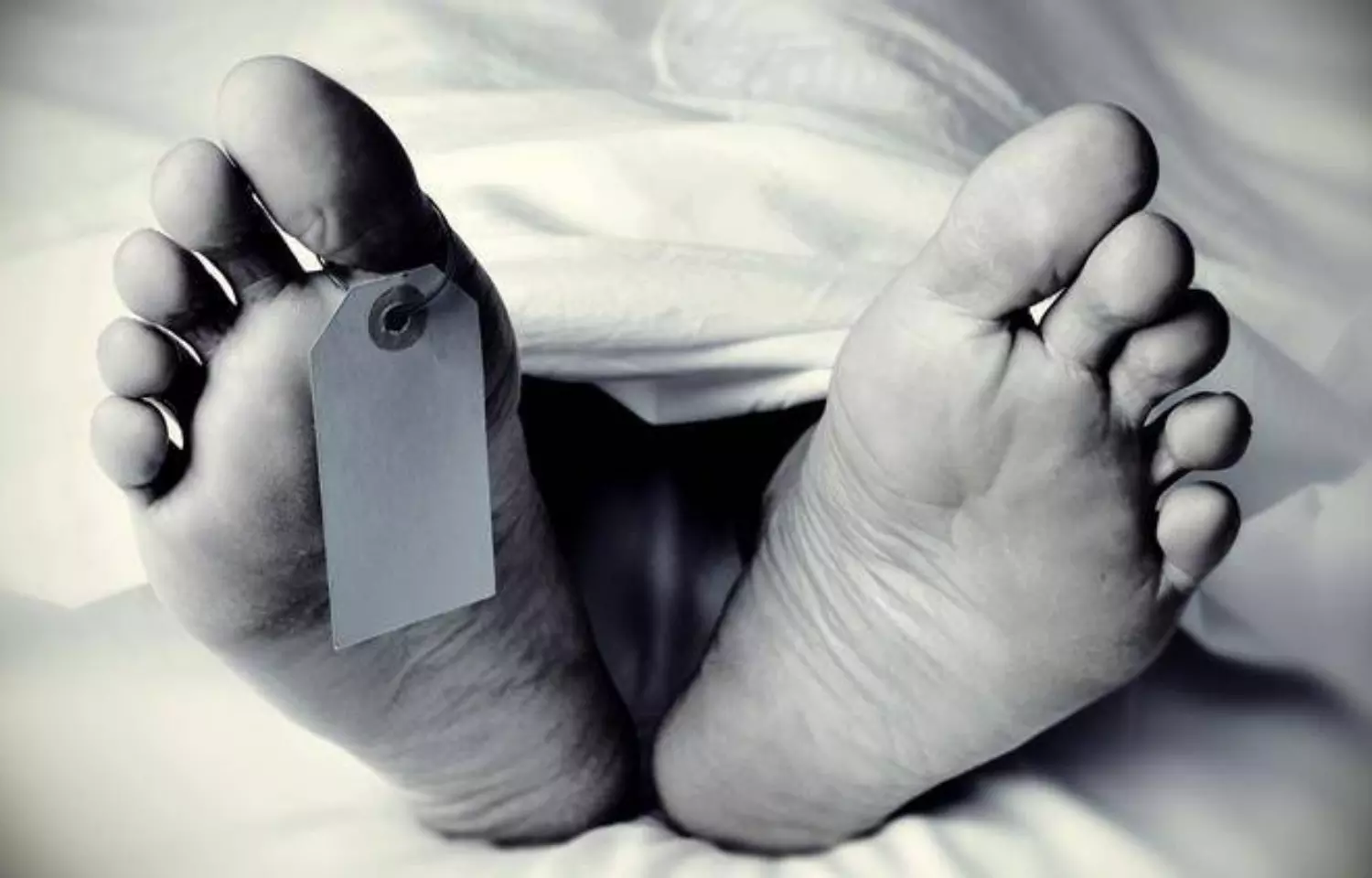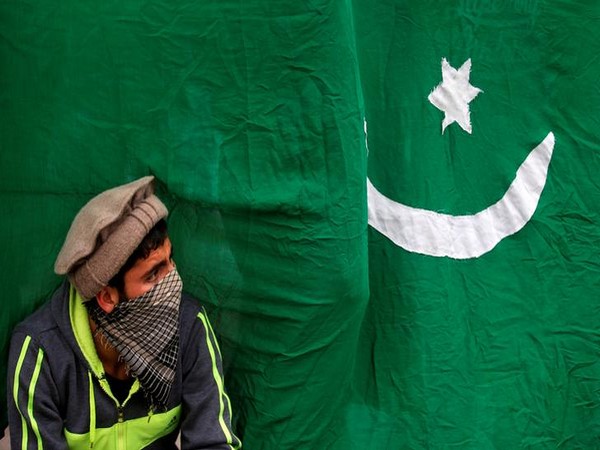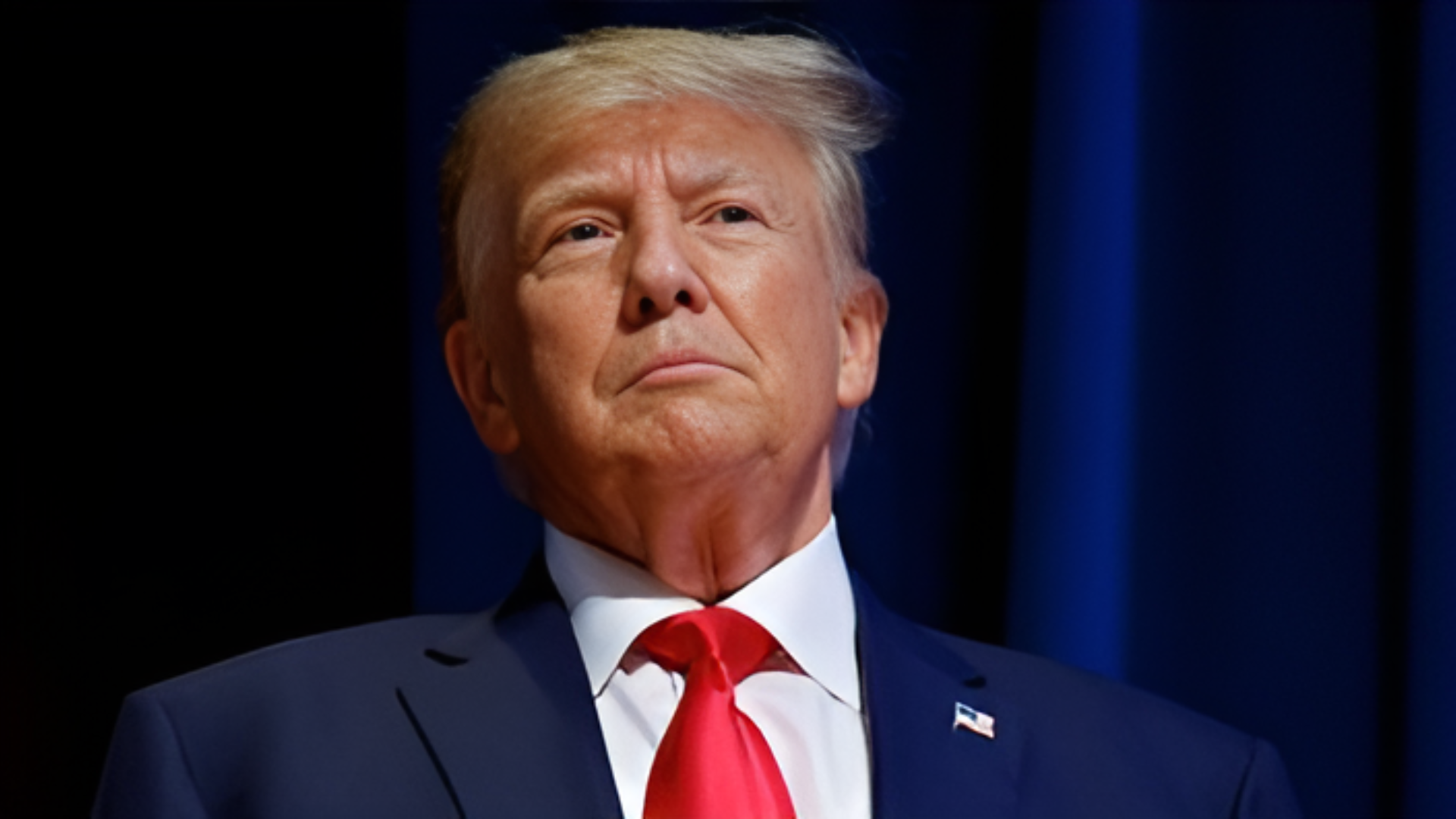The Election Commission of India (ECI) has called for an inquiry into the alleged Model Code of Conduct (MCC) violations by Prime Minister Narendra Modi and Congress leader Rahul Gandhi, responding to the accusations that were raised by both parties; the Bharatiya Janata Party (BJP) and Indian National Congress (INC) regarding the propagation of hatred and division along religious, caste, community, or linguistic lines.
“The conduct of candidates, especially star campaigners, falls under the primary responsibility of political parties. Campaign speeches by those in significant positions carry more weight and consequences,” remarked the Election Commission, emphasizing the gravity of maintaining decorum during election campaigns.
Under the purview of Section 77 of the Representation of the People Act, the ECI has directed the party presidents, as a preliminary step, to rein in their star campaigners. The exchange of MCC allegations involving Prime Minister Narendra Modi and Rahul Gandhi prompted directives to BJP President JP Nadda and INC President Mallikarjuna Kharge, with the ECI requesting a response by 11 AM on April 29.
The BJP recently accused Rahul Gandhi of disseminating misinformation regarding poverty levels in India and fostering regional divides, urging strict action from the Election Commission. Similarly, the Congress lodged a formal complaint against Prime Minister Narendra Modi, citing alleged attempts to sow discord among citizens based on social class.
In its memorandum to the ECI, the Congress advocated for a zero-tolerance policy towards divisive tactics, proposing the disqualification of candidates who propagate societal fractures irrespective of their stature.
The Lok Sabha elections, conducted in seven phases, commenced with the first phase concluding on April 19. The second phase is slated to commence on April 26, followed by subsequent phases on May 7, May 13, May 20, May 25, and concluding on June 1. Results for all 543 Lok Sabha seats will be announced on June 4, marking a crucial juncture in India’s democratic electoral process.









